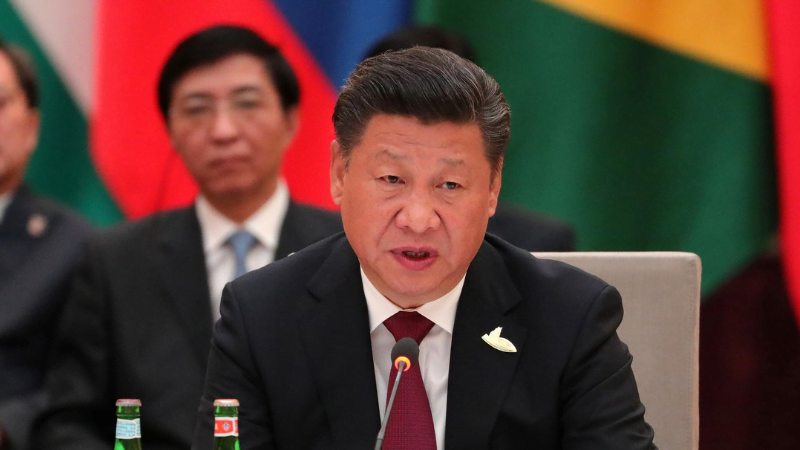China is going to great lengths to create a “new world media order” with the aim of preventing western criticism through censorship, control, domination, blackmail and even harassment, according to a new report by Reporters Without Borders (RSF).
The country which ranks 176 out of 180 in the 2018 World Press Freedom Index exerts undue control over news, information, media, and journalists, as well as employing online surveillance over its citizens, RSF said.
Entitled, ‘China’s Pursuit of a New World Media Order’, the report details Beijing’s strategy to control information and news, far beyond its own borders.
Now, it seems that this “oppressive model” is being exported to every corner of the world including the US and the UK. The report notes that while this strategy is “less well known that the Belt and Road initiative” – a project that Malta signed up to – China’s aims for a new world media order pose a threat to press freedom throughout the world.
RSF said that unless democracies resist China’s plans, the country will impose its propaganda with journalists doing little more than serving that power.
Under the direction of President Xi Jinping, China’s propaganda machine is dominating the agenda in the west by buying extensive amounts of media advertising, infiltrating the foreign press and resorting to ever more drastic measures to silence critical foreign voices.
In September, South African journalist Azad Essa had his column cancelled in the Independent Online after publishing an article that criticised China’s persecution of its Uyghur community. Chinese investors had a 20% stake in the newspaper.
Then in July, the Chinese embassy in Sweden issued a statement against journalist Jojje Olsson and accused him of “instigating hatred against China” for reporting on the various methods that the Communist Party uses to control the media.
Other instances that support the claim of the desire for global censorship of Chinese critics took place in Vietnam, the UK, Australia, Mexico, Cambodia and Kenya, according to the report.
RSF said they believed that Beijing was also exporting its surveillance techniques via technologies including search engine Baidu and WeChat instant messenger.
The Minister, his wife and China’s links to Malta
Malta’s relationship with China has become increasingly cosy since the Labour Party was elected to power in 2013. The government involved China in the country’s energy provision under deals that remain unpublished in full, when Konrad Mizzi was Energy Minister and his wife, Chinese national Sai, was receiving a salary of €13,000 a month as a consultant to Malta Enterprise.
Amid the controversy, she told the Maltese public that she should be judged on what she did for the country. No report of her achievements was ever produced despite repeated requests by the press. Then Prime Minister Joseph Muscat included her in a press conference announcing an investment by Huawei, even though he did not allow her to say much.
Huawei 5G has been banned, restricted and criticised by a number of Western governments. Muscat even referred to the introduction of controversial facial recognition technology by Huawei to be installed in areas where migrant communities are present, to test the system.
The Maltese government was also among the first EU countries to announce its partnership with China on the ‘One Belt One Road’ project. Describing it as a signal to Chinese companies and the Chinese government that “Malta is a good country to invest in”, the agreements provide for cooperation in trade, financial services, infrastructure and tourism between the two countries.
The project has been promoted by government consultant Shiv Nair (who was blacklisted by the World Bank twice) who wrote in a 2017 article that “Chinese money has been quietly buying friends and influencing people.”
He specifically mentioned the Chinese 30% stake in the state power company, Enemalta as well as other projects in Greece and Hungary.












